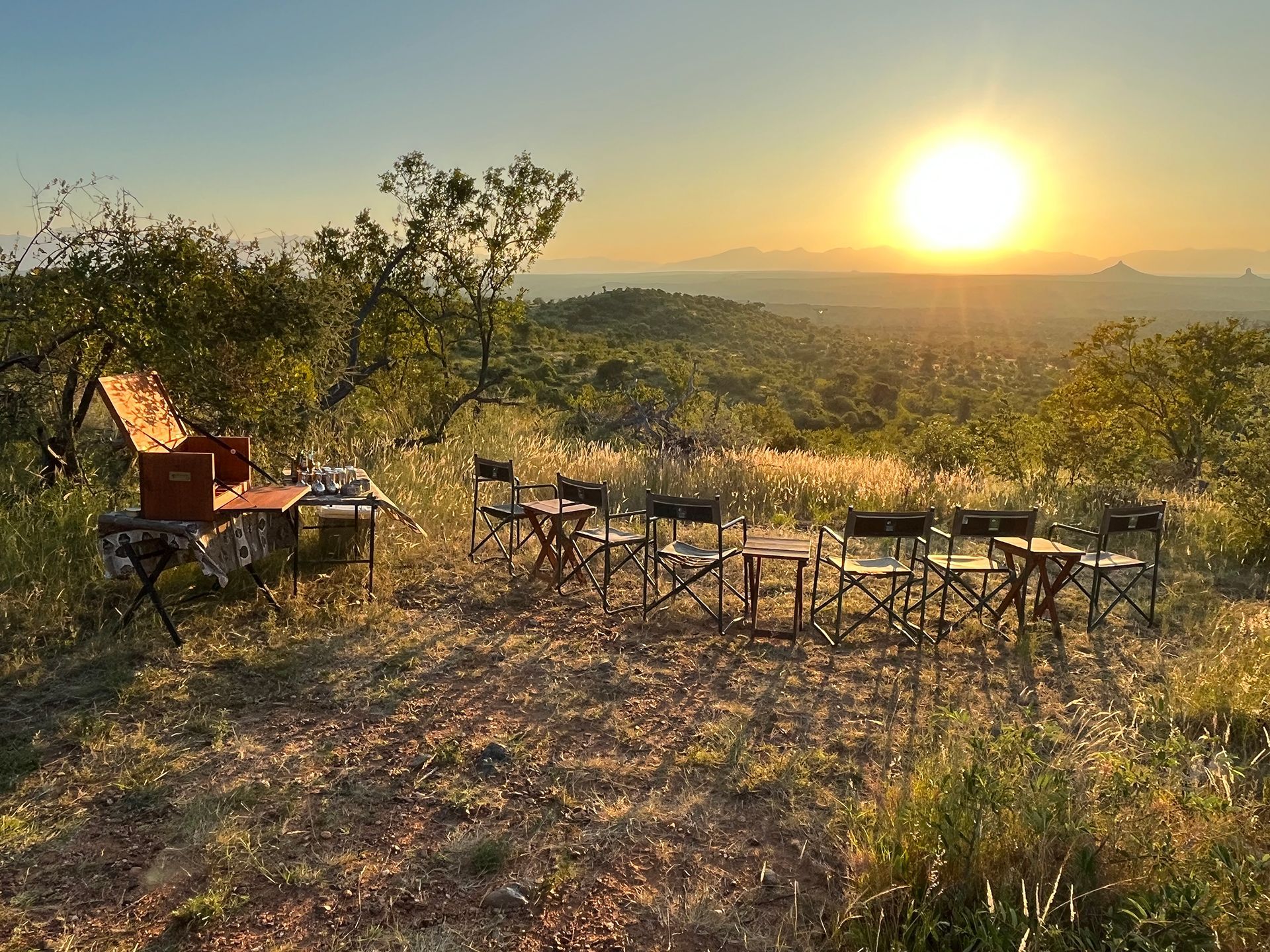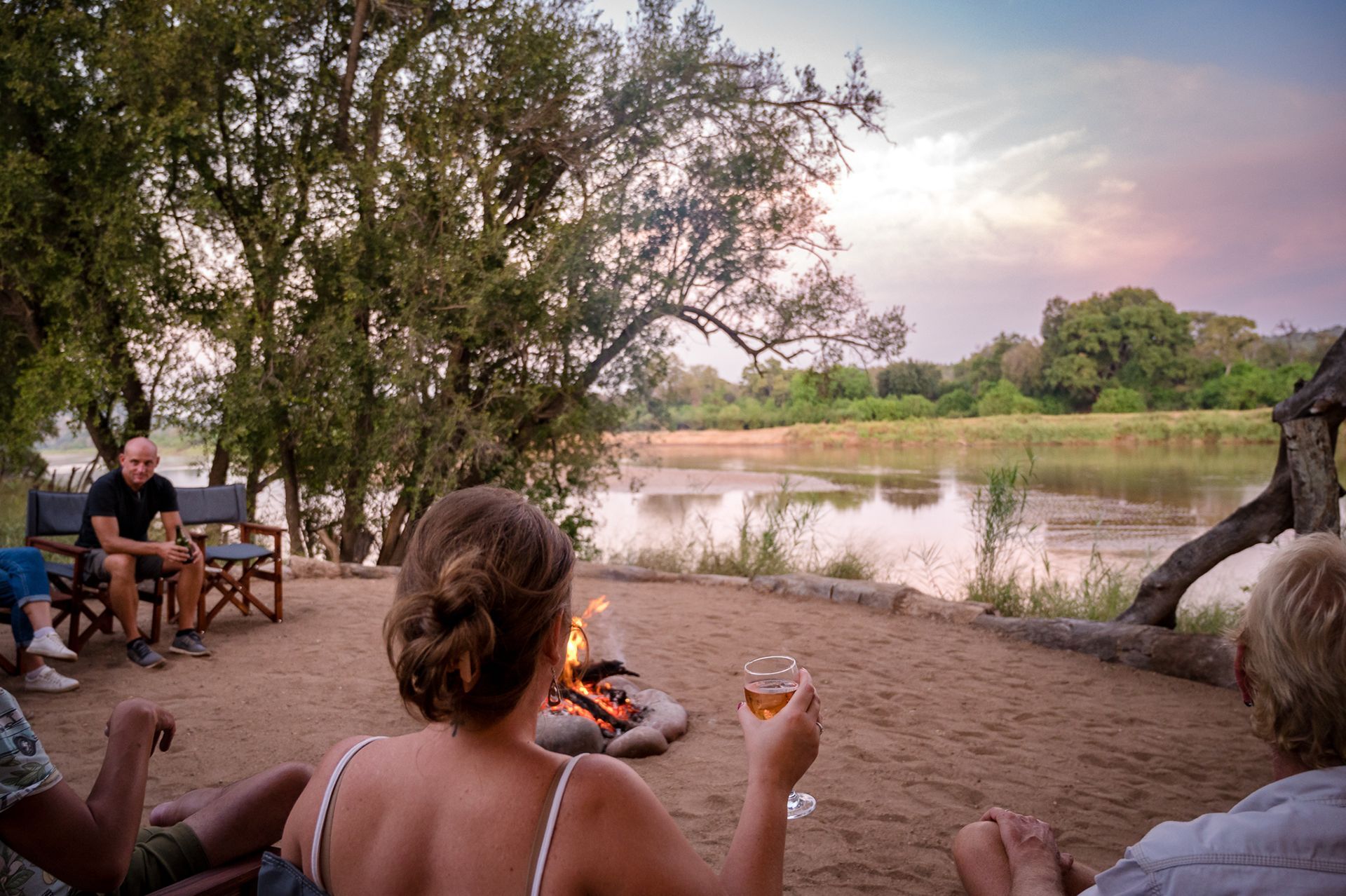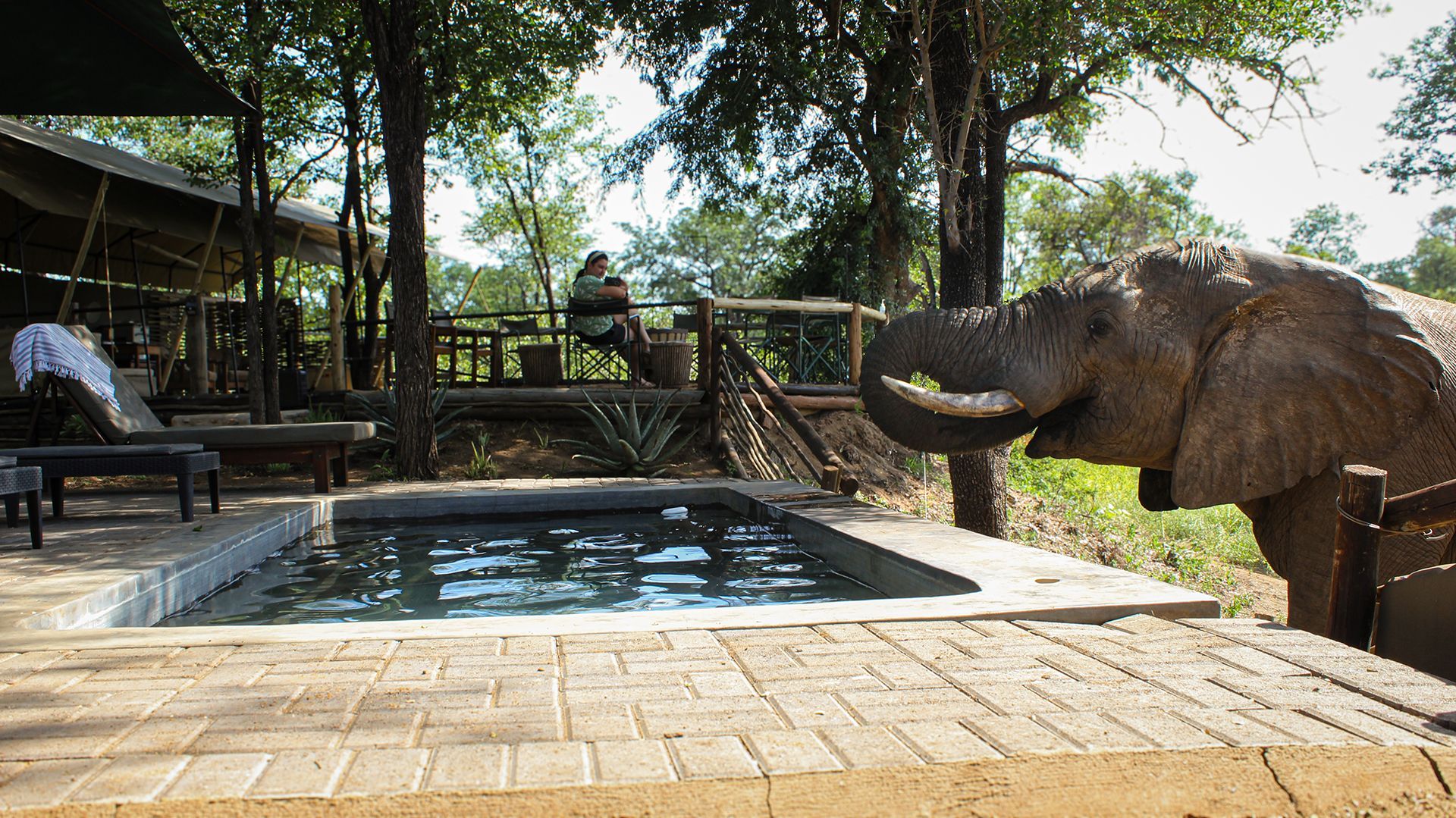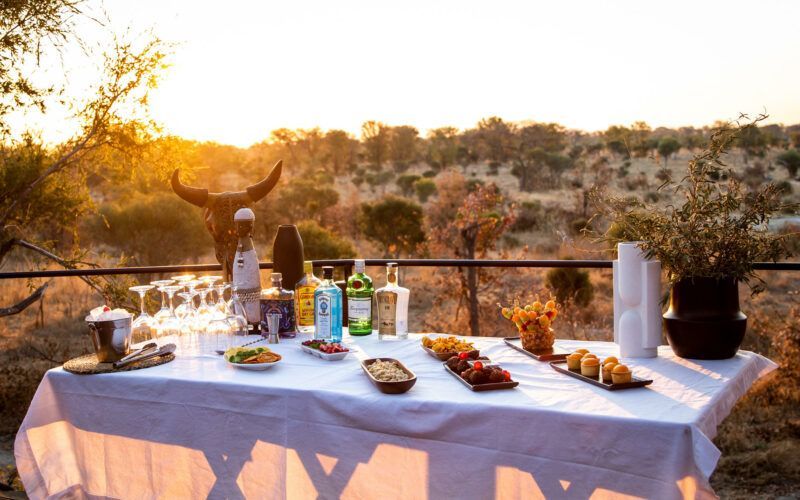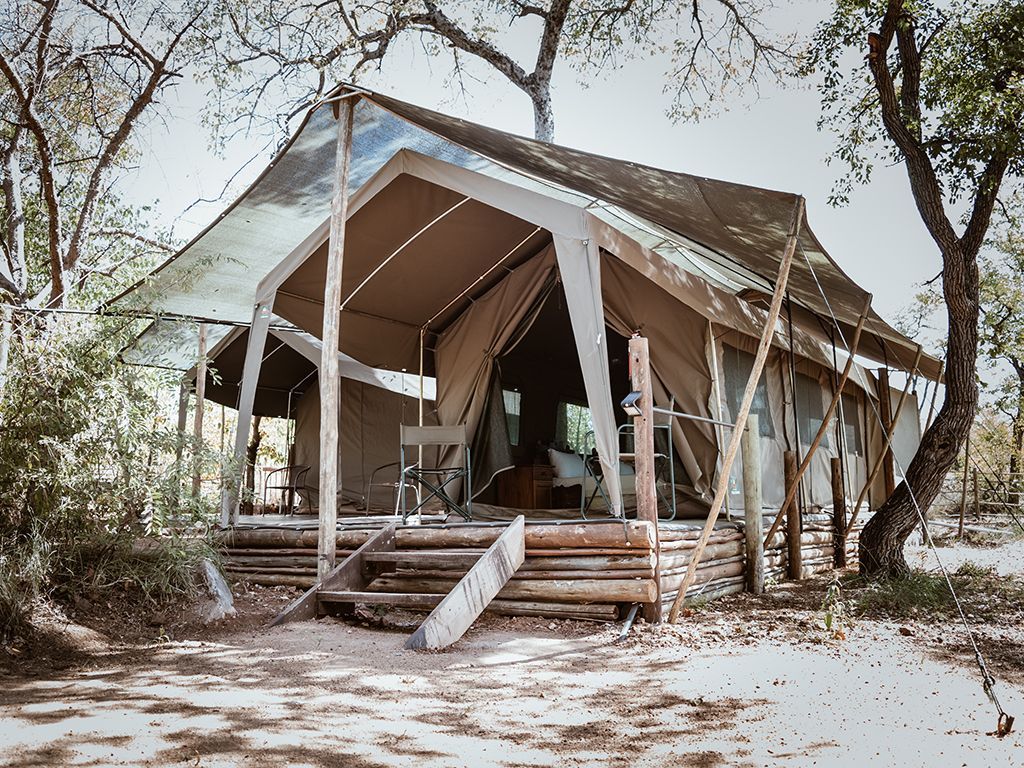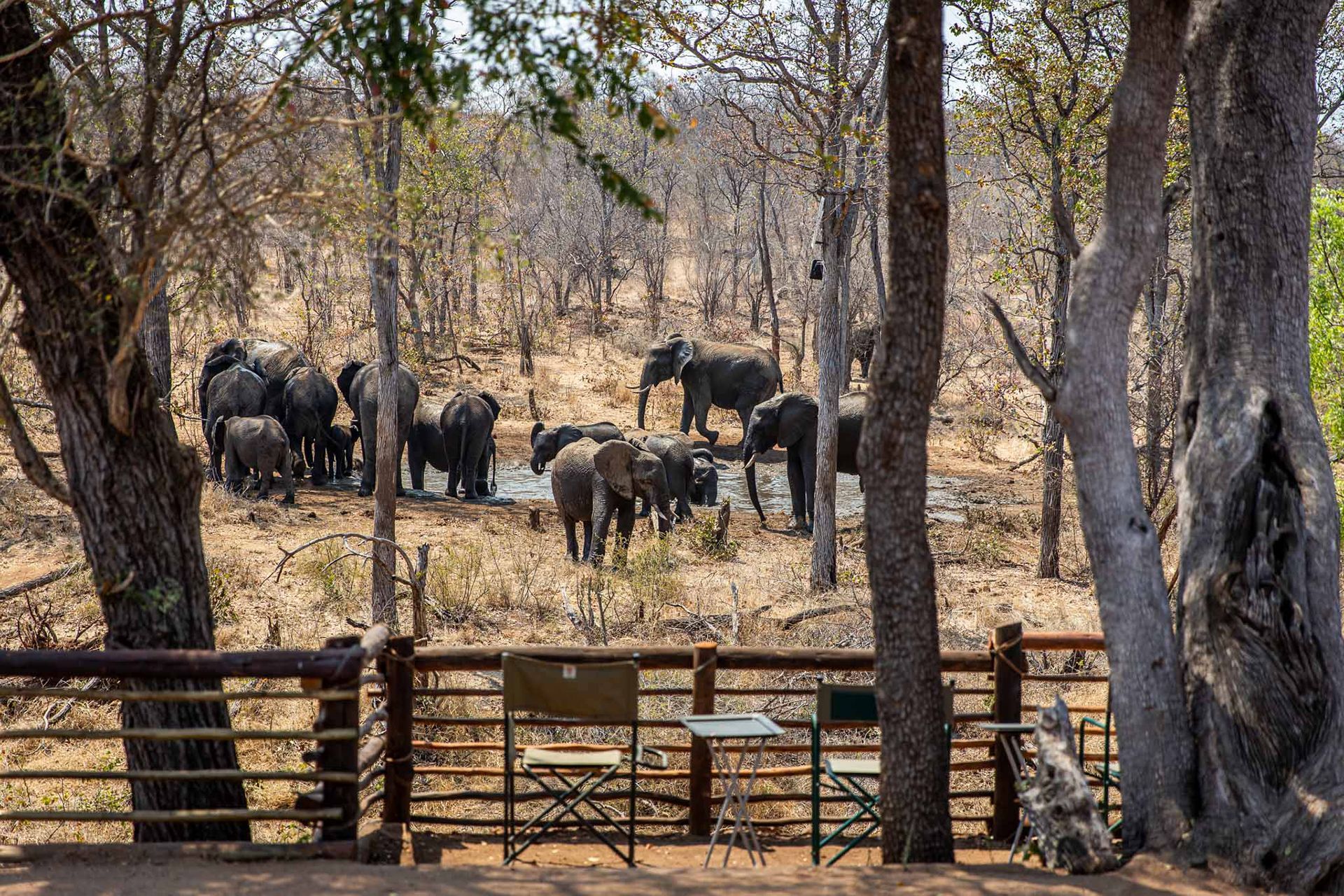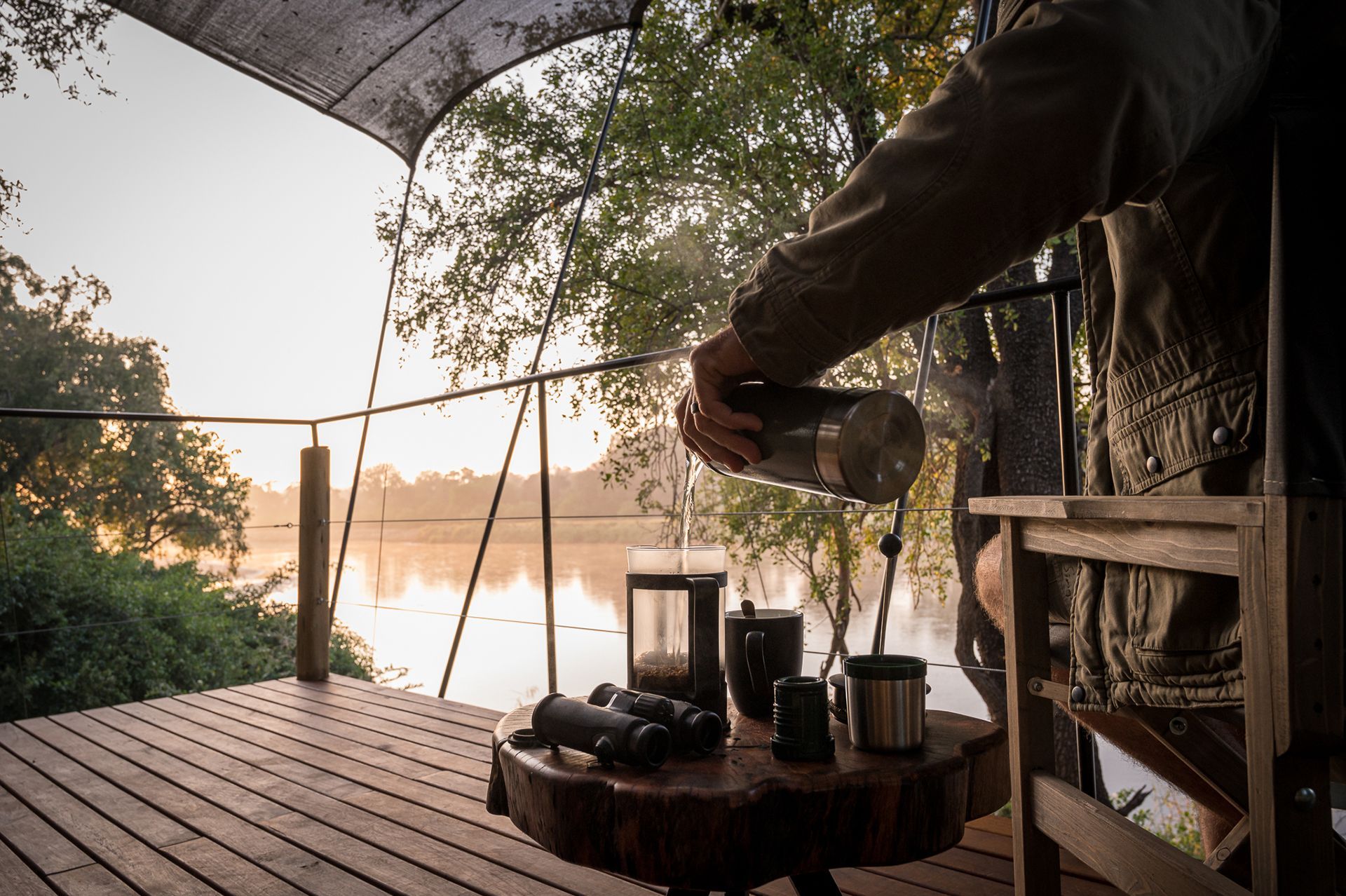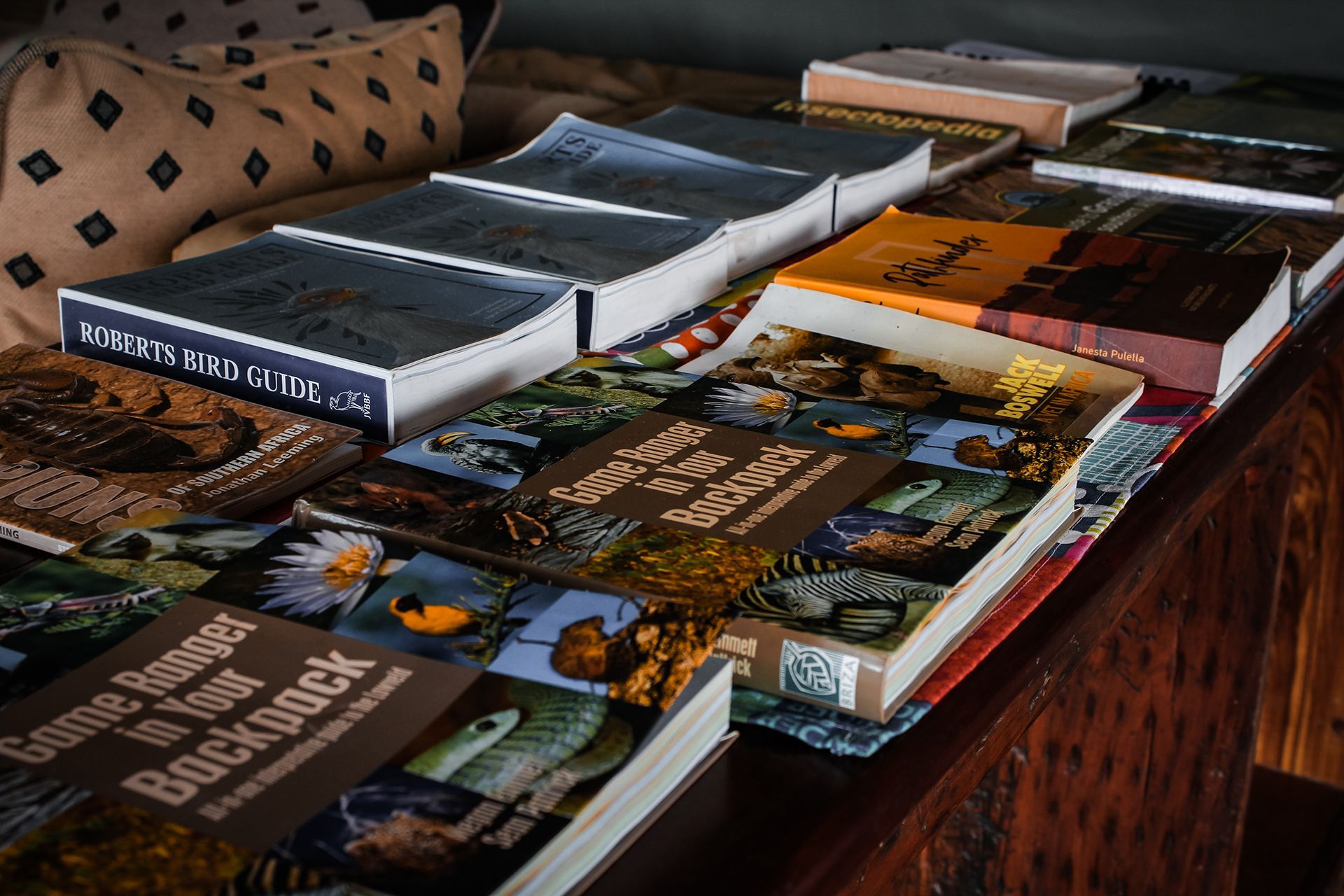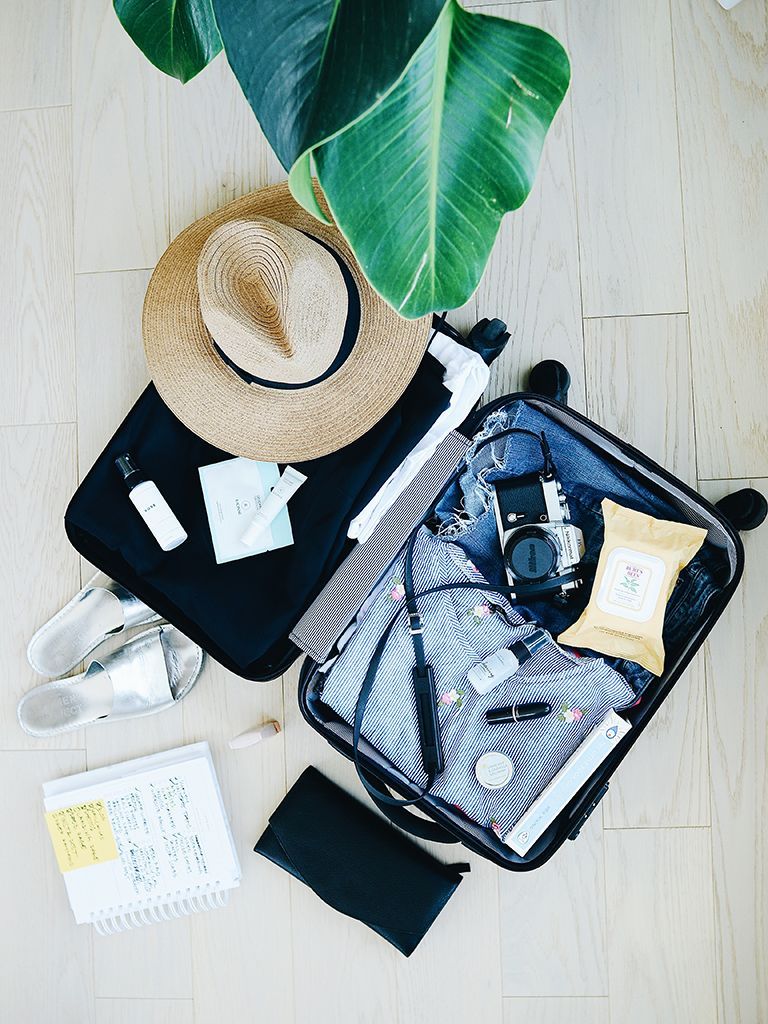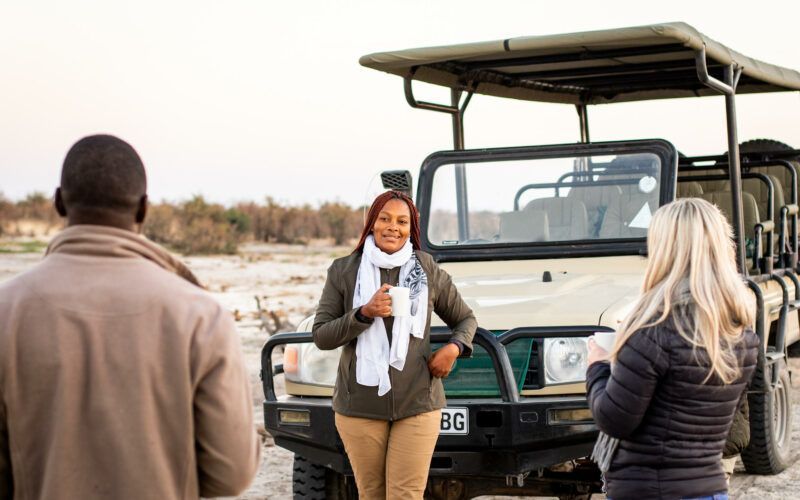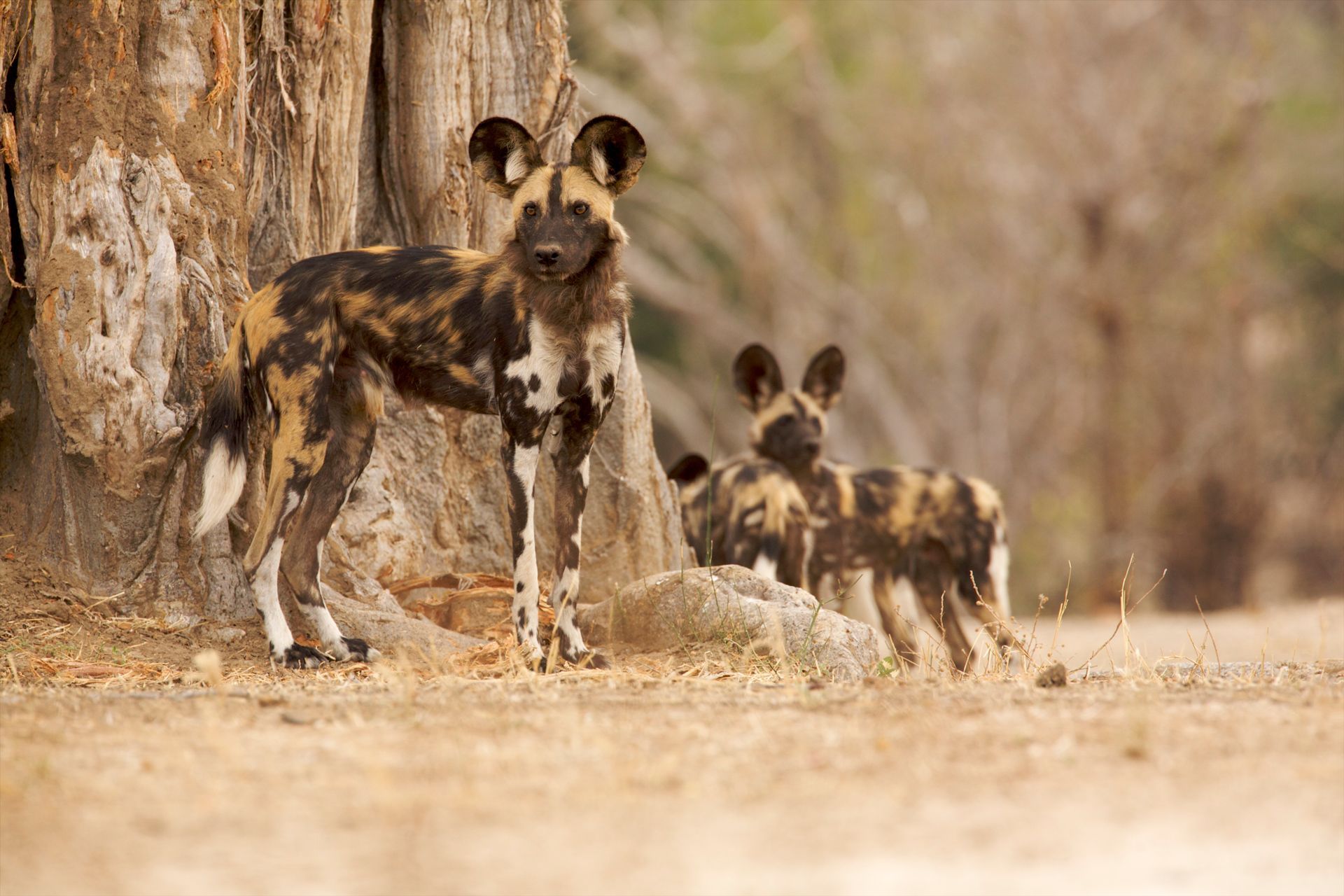Have you ever imagined a safari where the wildlife comes to you?
Where, your mornings begin with the soft glow of dawn shimmering on the Olifants River and a warm cup of coffee in hand as elephants emerge through the mist to drink?
At Bundox Safari Co. we call this the River of Life, a 3‑ to 5‑night experience that places you on the front row of nature’s theatre. Instead of chasing sightings on long, dusty roads, you watch life unfold from your private deck or the shaded public areas, immersed in the rhythm of the bush.
This article explores why conservation‑based safaris are changing travel, how Bundox is supporting communities and wildlife, and why our River of Life package epitomises responsible luxury. If you’re seeking an eco‑friendly lodge in South Africa with purpose, read on.
Takeaways
- Wildlife at your doorstep: Amava River Lodge offers uninterrupted views of the Olifants River, drawing elephants, hippos and a wealth of birdlife right to the camp.
- Choice of three camps: Select between the riverfront comfort of Amava River Lodge, the back‑to‑basics charm of Bundox Explorer Camp, or the conservation‑focused Khanya Camp.
- Purpose‑driven travel: A portion of your stay helps fund local conservation and community projects, so your safari has a positive impact.
- Seamless experience: Transfers, meals and activities are included; your only job is to watch, listen and fee.
What Makes a Safari Conservation‑Based?
Conservation‑based safaris go beyond photographic game drives. They combine immersive wildlife experiences with tangible support for wildlife protection and community development. At Bundox Safari Co., this philosophy is woven into every stay. Each of our lodges, has been designed to reduce impact on the environment while placing guests right where the action happens.
From built‑in platforms that protect trees at Amava to solar‑powered tents at Explorer Camp, every decision minimises ecological footprints. Guests are invited to participate in conservation activities such as anti‑poaching tracking and data collection on wildlife movements. Your safari isn’t just about seeing animals, it’s about actively supporting their survival.
How Bundox Supports Local Communities
True responsible tourism uplifts people as much as wildlife. Bundox is deeply embedded in the Greater Kruger community. Our staff come from neighbouring villages, and our operations invest in skills development, fair wages and community projects. By choosing Bundox, you help fund education initiatives, medical outreach and local enterprise. We also partner with community conservancies, ensuring that local people benefit directly from the success of wildlife tourism.
Eco‑Friendly Practices at Khanya Camp
Set in the Balule Nature Reserve, Khanya Conservation Camp is an example of sustainable luxury. Its Meru‑style tents run on solar power and overlook a waterhole where buffalo graze and predators drink. Each tent has an en‑suite bathroom and flushing toilet, yet the camp remains off‑grid. Activities aren’t limited to game drives: guests can join conservation staff on data collection walks, assist with camera‑trap placement, or help monitor wildlife movements. The camp’s ethos is simple, give back more than you take, and involve guests in the process.
The Rise of Responsible Travel in South Africa
South Africa’s safari industry is evolving. Travellers are increasingly seeking experiences that respect wildlife, conserve habitats and contribute to local communities. At Bundox Safari Co., we embrace this shift by offering programmes like River of Life. Your visit supports anti‑poaching efforts, habitat restoration and community upliftment in the Greater Kruger region. Our lodges are built with natural materials and employ eco‑friendly technologies to reduce water and energy usage. This commitment aligns with a growing global movement toward ethical, regenerative travel.
Why Conservation Safaris Matter for Future Generations
Every safari story we tell today shapes the Africa that our children will inherit. Conservation‑based safaris help secure protected habitats and fund ongoing research and wildlife protection. By staying with Bundox, you become part of a legacy that ensures elephants, lions, hippos and countless bird species continue to thrive along the Olifants River. Your presence demonstrates to local communities and policymakers that wild spaces have economic value when preserved.

